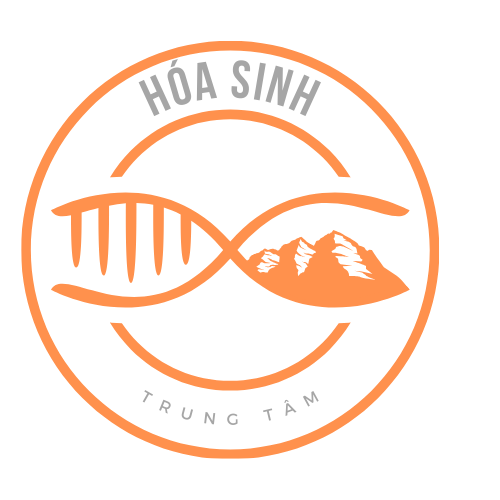The travel industry in 2025 stands at a juncture of innovation and stewardship. As global tourism surges to pre-pandemic levels, travelers and industry entities alike are maneuvering a landscape transformed by environmental priorities, cutting-edge technologies, and changing visitor priorities.
## Green and Eco-Conscious Travel
The necessity for sustainability has become a bedrock of modern travel. By 2025, the tourism sector is projected to generate 6.5 billion metric tons of carbon emissions, necessitating swift interventions. Destinations like Costa Rica and Bhutan are spearheading this charge, with the latter maintaining its status as the world’s only climate-positive country through rigorous tourism limits.
Regenerative tourism models, such as New Zealand’s Māori-led eco-tours, are acquiring momentum. These initiatives reflect a broader shift: 73% of travelers now favor brands with comprehensive green strategies.
## Tailoring and Made-to-Order Journeys
Luxury travel in 2025 is synonymous with hyper-personalization. Discerning travelers seek life-changing trips adapted to their unique interests. Providers like LuxGroup emphasize “responsible opulence,” combining luxury with local integration.
Artificial Intelligence is revolutionizing trip planning, enabling flexible agendas that adapt to instantaneous choices. This trend corresponds to findings that 64% of luxury travelers prefer bespoke packages over cookie-cutter options.
## Combating Overtourism Through Creativity
Overtourism remains a pressing issue, prompting travelers to seek “destination dupes” and non-peak period trips. Cities like Ljubljana are reducing congestion through vehicle-restricted areas and bike pathways.
Authorities are taking action; Amsterdam and Majorca have introduced tourist limits and etiquette standards to maintain local ecosystems.
## Technology’s Role in Seamless Exploration
AI’s influence reaches beyond personalization into operational efficiency. Virtual assistants handle 24/7 customer inquiries, while forecasting algorithms optimize flight schedules and hotel pricing. Digital simulations previews allow travelers to “trial” destinations before booking.
Mobile platforms like Seven Corners streamline trip management, offering real-time updates on weather, crowds, and transportation delays. Cryptographic recordkeeping enhances transparency in carbon offset programs.
## Extended Visits and Local Integration
The era of whirlwind tours is fading. High-end tourists are commonly opting for two-week stays to deepen cultural connections. Families are increasingly embracing “workations,” merging remote work with extended stays.
## Experience-Based Travel and Novel Experiences
“Concert traveling” has surged, with fans traveling worldwide for major events. Celestial tourism—exemplified by constellation viewing in Chile’s Atacama Desert—reflects expanding appeal in astronomical events.
## Wellness and Digital Detox
Health-focused travel is evolving beyond spa retreats to encompass integrated therapies. Tech-free escapes combine meditation with natural foods, aligning with a 95% rise in demand for wellness-focused itineraries.
## Monetary Tactics and Value-Conscious Travel
Travelers are leveraging membership benefits and bundled offers to enhance benefits. Credit card rewards are being deliberately exchanged for premium services, reflecting a shift toward “smart luxury”.
## Conclusion
The travel landscape of 2025 is defined by its duality: a hunger for exploration moderated by ethical accountability. As destinations balance advancement with preservation, stakeholders can ensure tourism remains a bridge—not a obstacle—to a more united and conscientious world.

